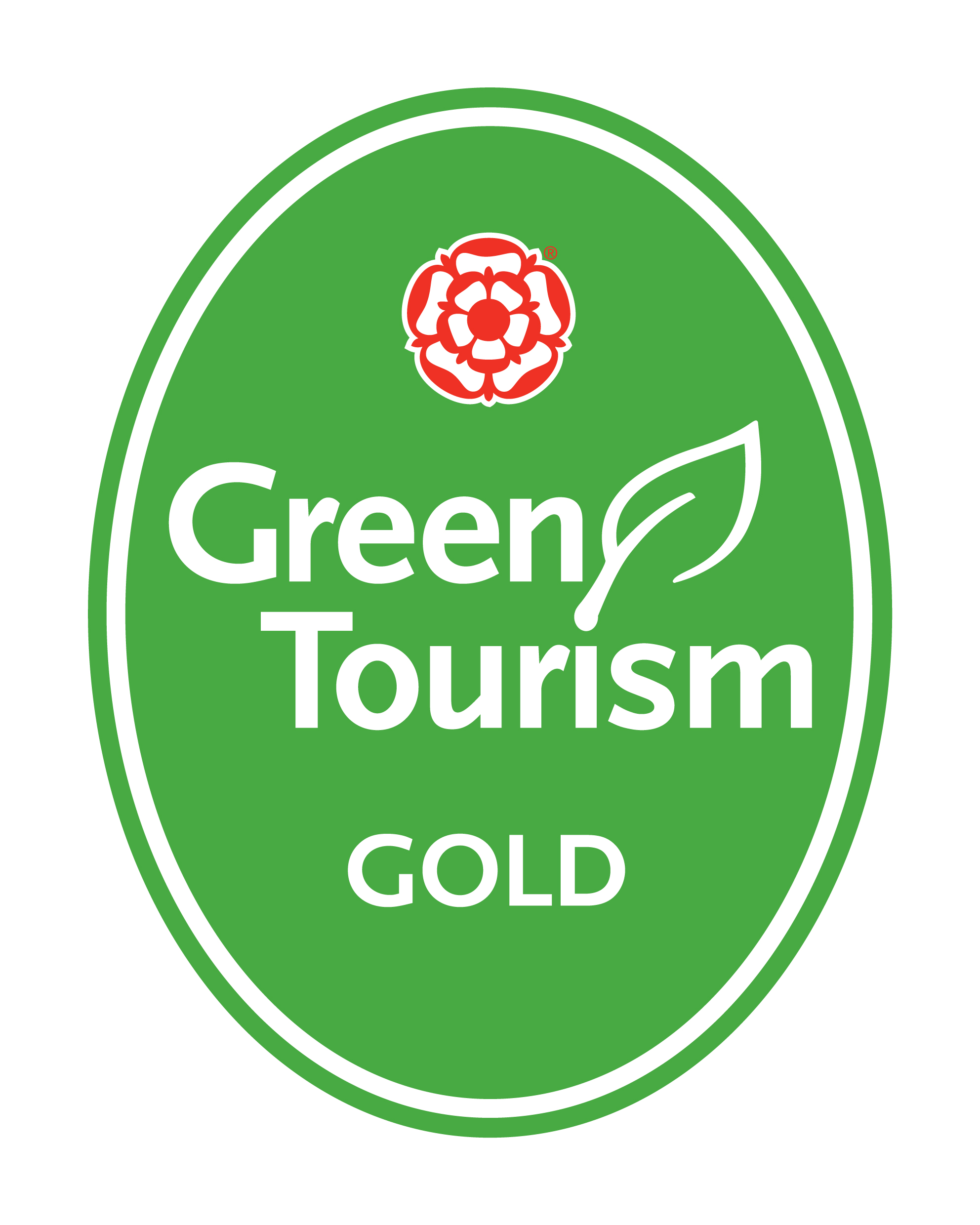Right from the word go, we have determined to run Dowfold House as efficiently and with as little harm to the environment as possible. When we bought the house, we didn’t even know that the Green Tourism existed, but we have been members since 2007, thus encouraging the “green movement” from both a domestic and business point of view.
Besides the Green Tourism, we are members of the local Weardale Visitors Network; www.thisisdurham.com , Co Durham’s tourism arm, the National Trust and have good links with the North Pennines National Landscapes.
